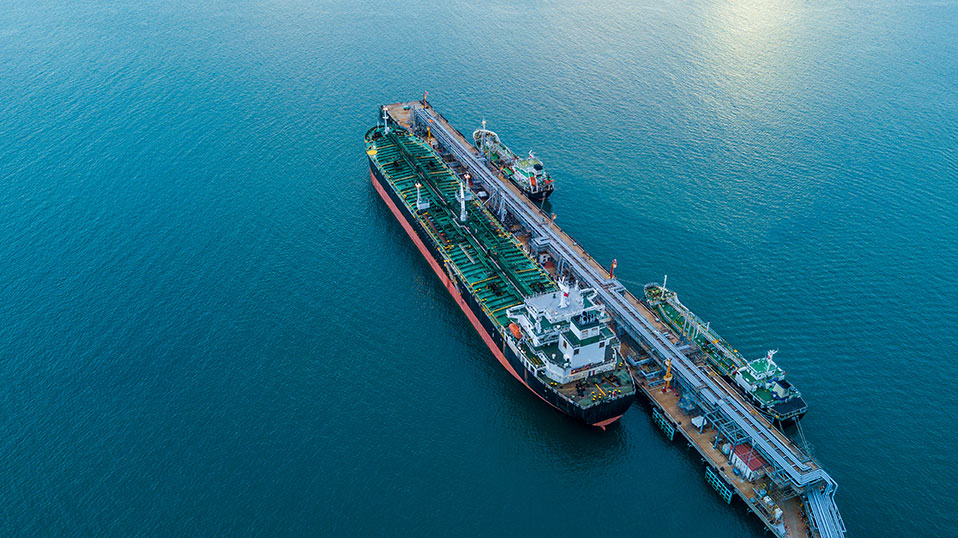Quality Issues Add Delays to Venezuela's Crude Exports — Documents
(Reuters) — Crude exports from Venezuela are facing growing delays due to excess water and other impurities in cargoes loaded at state-run PDVSA's main terminal, according to internal company documents seen by Reuters, as U.S. sanctions worsen disruptions to the oil industry.
In recent years, PDVSA has been forced to give price discounts to customers due to high levels of water and metals in its oil shipments as a dire recession, mismanagement and U.S. sanctions imposed since 2019 contributed to lack of chemicals and maintenance for storage tanks and pipelines, executives and inspectors have told Reuters.
Improper handling of the heavy crude produced and blended mainly in Venezuela's eastern Orinoco Belt, which already has a high sulfur content, has also exacerbated the issue, according to the sources.
The problems have recently worsened as most crude for exports is going out from inventories accumulated at PDVSA's tank farms in eastern Venezuela, where oil has been waiting months before shipment as the company had been unable to cut production to match export levels severely hit by sanctions, PDVSA's internal exports documents showed.
Venezuela's oil exports sank to about 400,000 barrels per day (bpd) in June and July - the lowest level in almost 80 years - as the United States ramped up sanctions on PDVSA's trade partners, customers and vessel owners in an effort to oust President Nicolas Maduro.
The loading delays are another blow for PDVSA's dwindling exports and revenues, with shipments slipping still further to around 300,000 bpd of crude and refined products so far this month.
In July, two vessels scheduled to carry a total of 1.5 million barrels of heavy Merey 16 crude from Venezuela's Jose port - the Balita and Sounion bound for Asia - stopped loading due to excessive water, leading to delays, according to the documents.
The tankers finally departed in late July. But so far in August, another three - the Delta Tolmi, Delta Atlantica and Xena - have faced similar quality issues, according to the documents. The three vessels are scheduled to transport 2.7 million barrels of the same crude to Asia and Europe.
The loading process for the Delta Atlantica was halted twice before the ship left this week, while the Delta Tolmi has interrupted loading four times without filling up to capacity, according to the PDVSA documents and Refinitiv Eikon data.
According to communications between PDVSA and parties involved in crude transfer to the Xena, loading was interrupted on Aug. 3 due to a lack of certification of the tank storing the oil at the Jose terminal.
Related News
Related News

- Kinder Morgan Proposes 290-Mile Gas Pipeline Expansion Spanning Three States
- Enbridge Plans 86-Mile Pipeline Expansion, Bringing 850 Workers to Northern B.C.
- Intensity, Rainbow Energy to Build 344-Mile Gas Pipeline Across North Dakota
- U.S. Moves to Block Enterprise Products’ Exports to China Over Security Risk
- Court Ruling Allows MVP’s $500 Million Southgate Pipeline Extension to Proceed
- U.S. Pipeline Expansion to Add 99 Bcf/d, Mostly for LNG Export, Report Finds
- A Systematic Approach To Ensuring Pipeline Integrity
- 275-Mile Texas-to-Oklahoma Gas Pipeline Enters Open Season
- LNG Canada Start-Up Fails to Lift Gas Prices Amid Supply Glut
- TC Energy’s North Baja Pipeline Expansion Brings Mexico Closer to LNG Exports





Comments